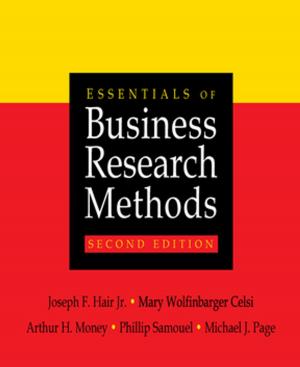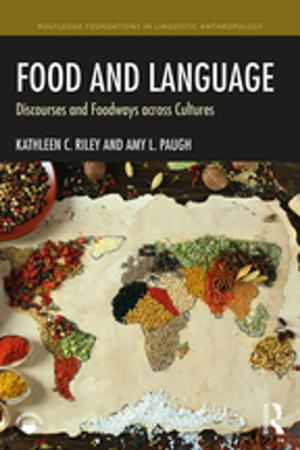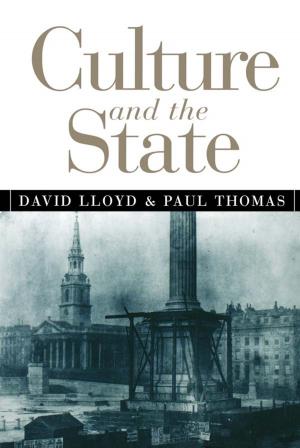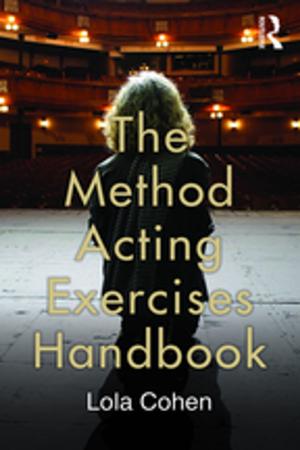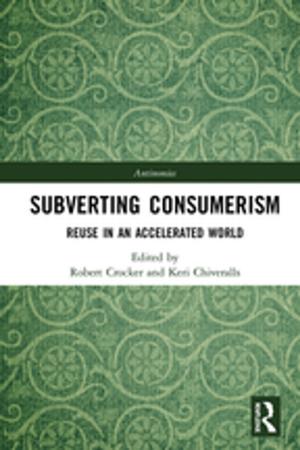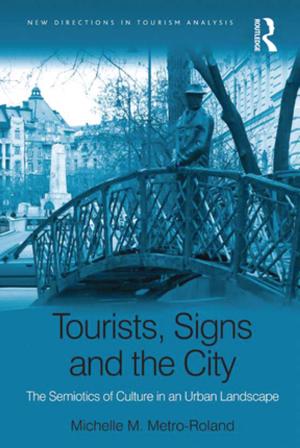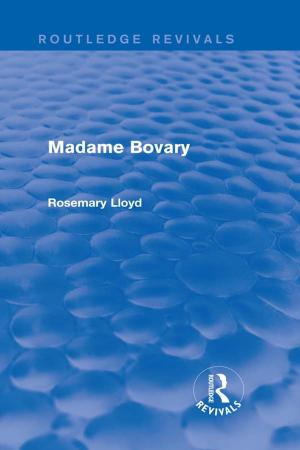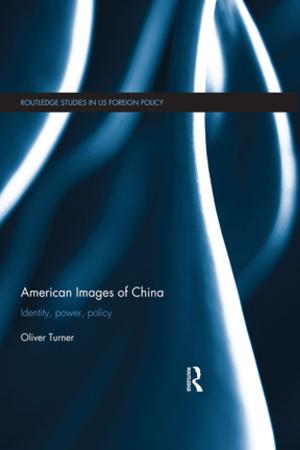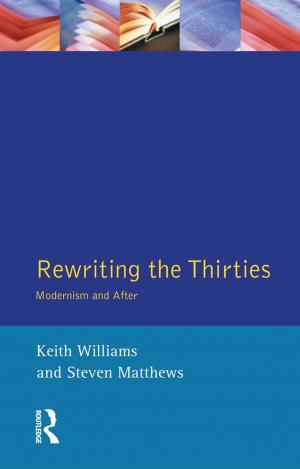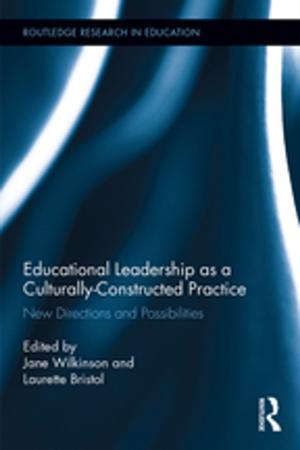Medium of Instruction Policies
Which Agenda? Whose Agenda?
Nonfiction, Reference & Language, Education & Teaching, Educational Theory, Bilingual Education, Teaching| Author: | ISBN: | 9781135632601 | |
| Publisher: | Taylor and Francis | Publication: | October 3, 2003 |
| Imprint: | Routledge | Language: | English |
| Author: | |
| ISBN: | 9781135632601 |
| Publisher: | Taylor and Francis |
| Publication: | October 3, 2003 |
| Imprint: | Routledge |
| Language: | English |
Medium of instruction policies in education have considerable impact not only on the school performance of students and the daily work of teachers, but also on various forms of social and economic (in)equality.
In many multiethnic and multilingual countries, the choice of a language for the medium of instruction in state educational systems raises a fundamental and complex educational question: what combination of instruction in students' native language(s) and in a second language of wider communication will ensure that students gain both effective subject-content education, as well as the second-language skills necessary for higher education and employment? Beyond this educational issue of choice of language(s) of instruction, medium of instruction policies are also linked to a range of important sociopolitical issues, including globalization, migration, labor policy, elite competition, and the distribution of economic resources and political power. The contributors to this volume examine the tension between the educational agendas and other social and political agendas underlying medium of instruction policies in different countries around the world, and unravel the connections between these policies and the related, critically important educational, social, political, and economic issues.
Medium of Instruction Policies: Which Agenda? Whose Agenda? is intended for scholars and specialists in education, language policy, sociolinguistics, applied linguistics, and language teaching, and is intended for use in graduate and advanced undergraduate courses on language education and language policy.
Medium of instruction policies in education have considerable impact not only on the school performance of students and the daily work of teachers, but also on various forms of social and economic (in)equality.
In many multiethnic and multilingual countries, the choice of a language for the medium of instruction in state educational systems raises a fundamental and complex educational question: what combination of instruction in students' native language(s) and in a second language of wider communication will ensure that students gain both effective subject-content education, as well as the second-language skills necessary for higher education and employment? Beyond this educational issue of choice of language(s) of instruction, medium of instruction policies are also linked to a range of important sociopolitical issues, including globalization, migration, labor policy, elite competition, and the distribution of economic resources and political power. The contributors to this volume examine the tension between the educational agendas and other social and political agendas underlying medium of instruction policies in different countries around the world, and unravel the connections between these policies and the related, critically important educational, social, political, and economic issues.
Medium of Instruction Policies: Which Agenda? Whose Agenda? is intended for scholars and specialists in education, language policy, sociolinguistics, applied linguistics, and language teaching, and is intended for use in graduate and advanced undergraduate courses on language education and language policy.

